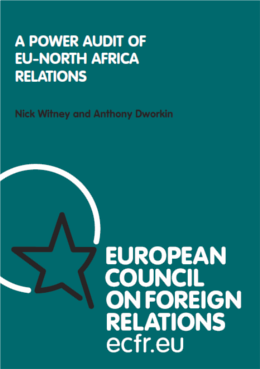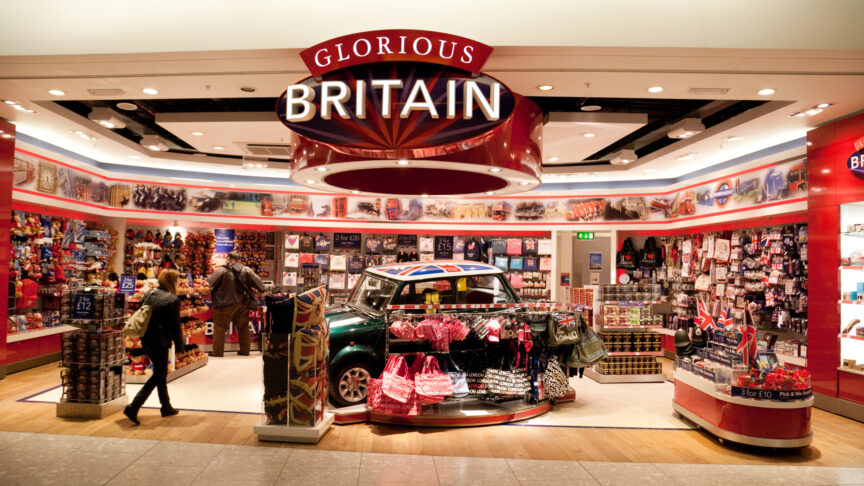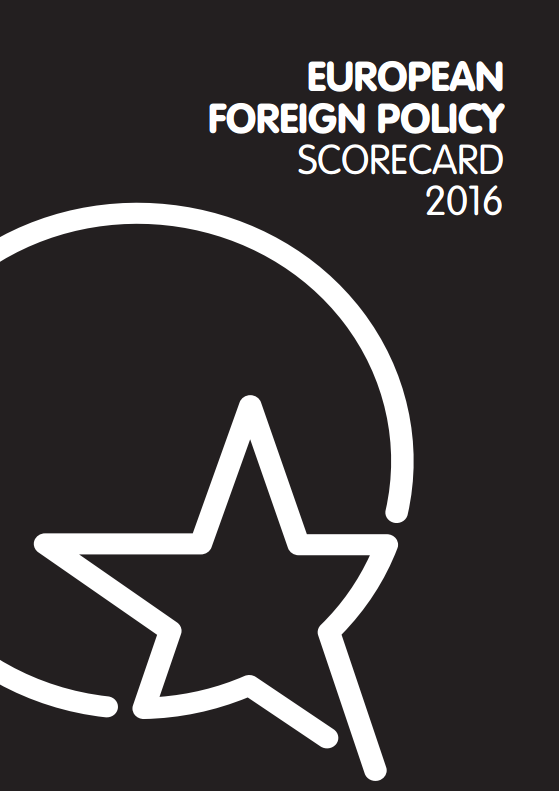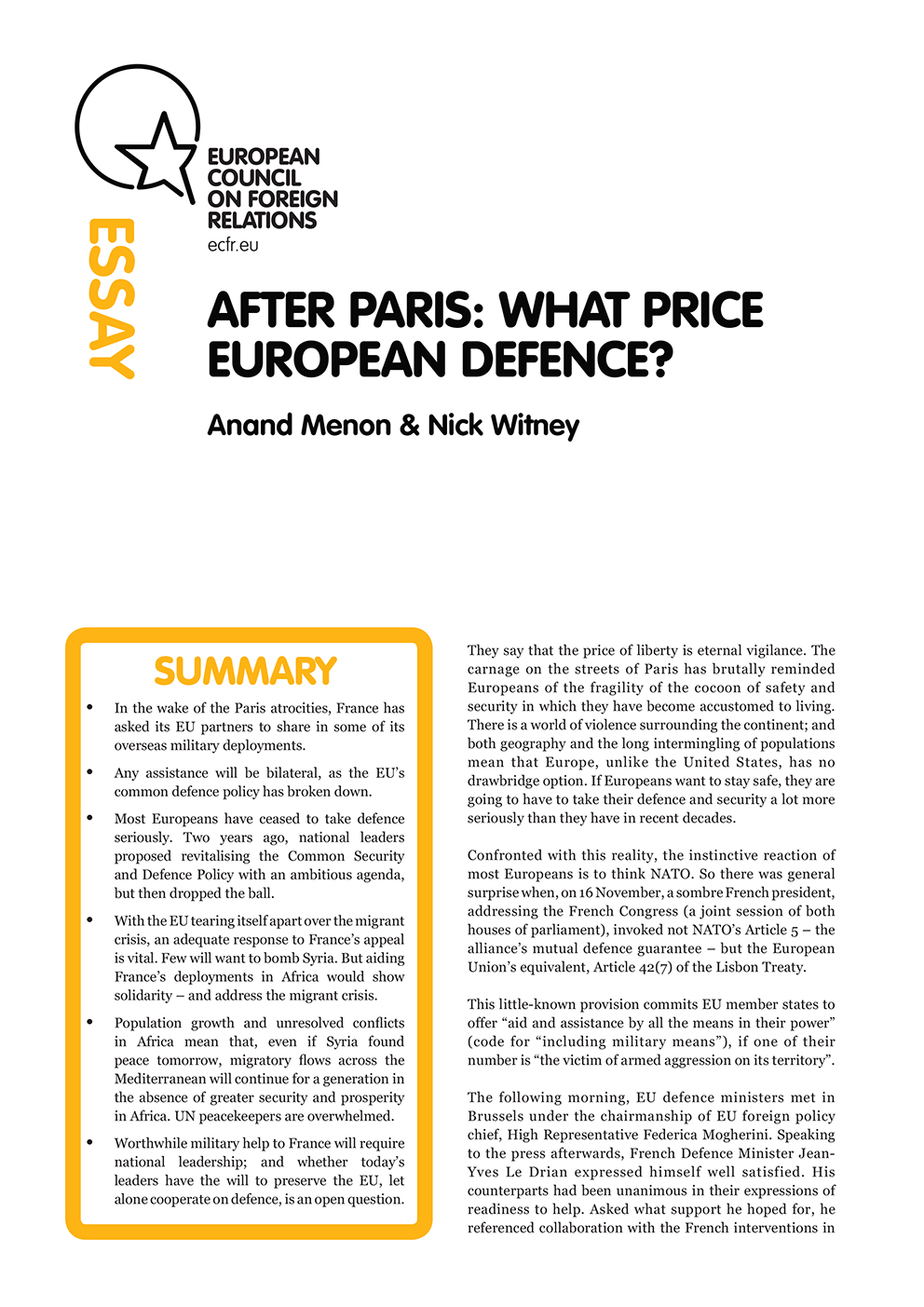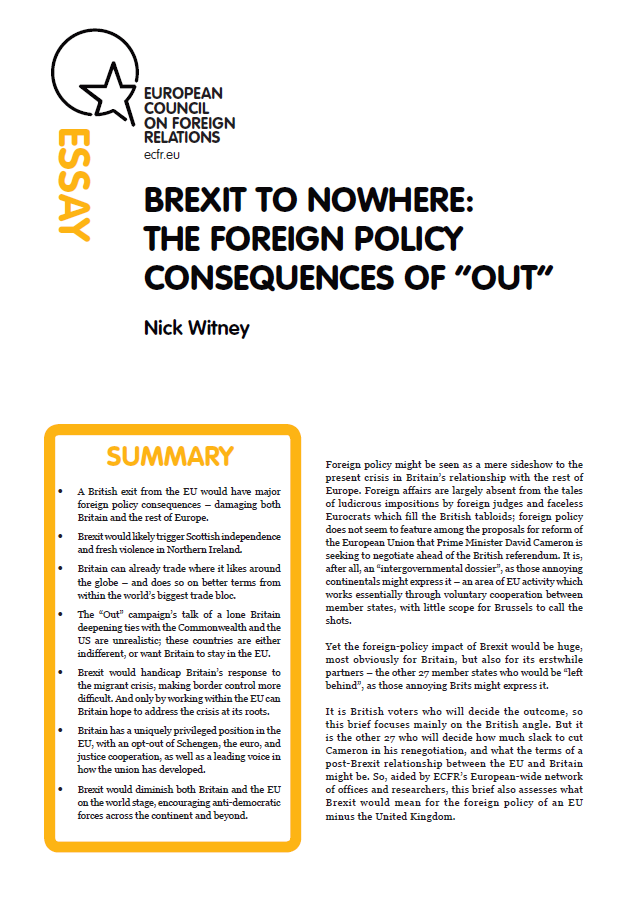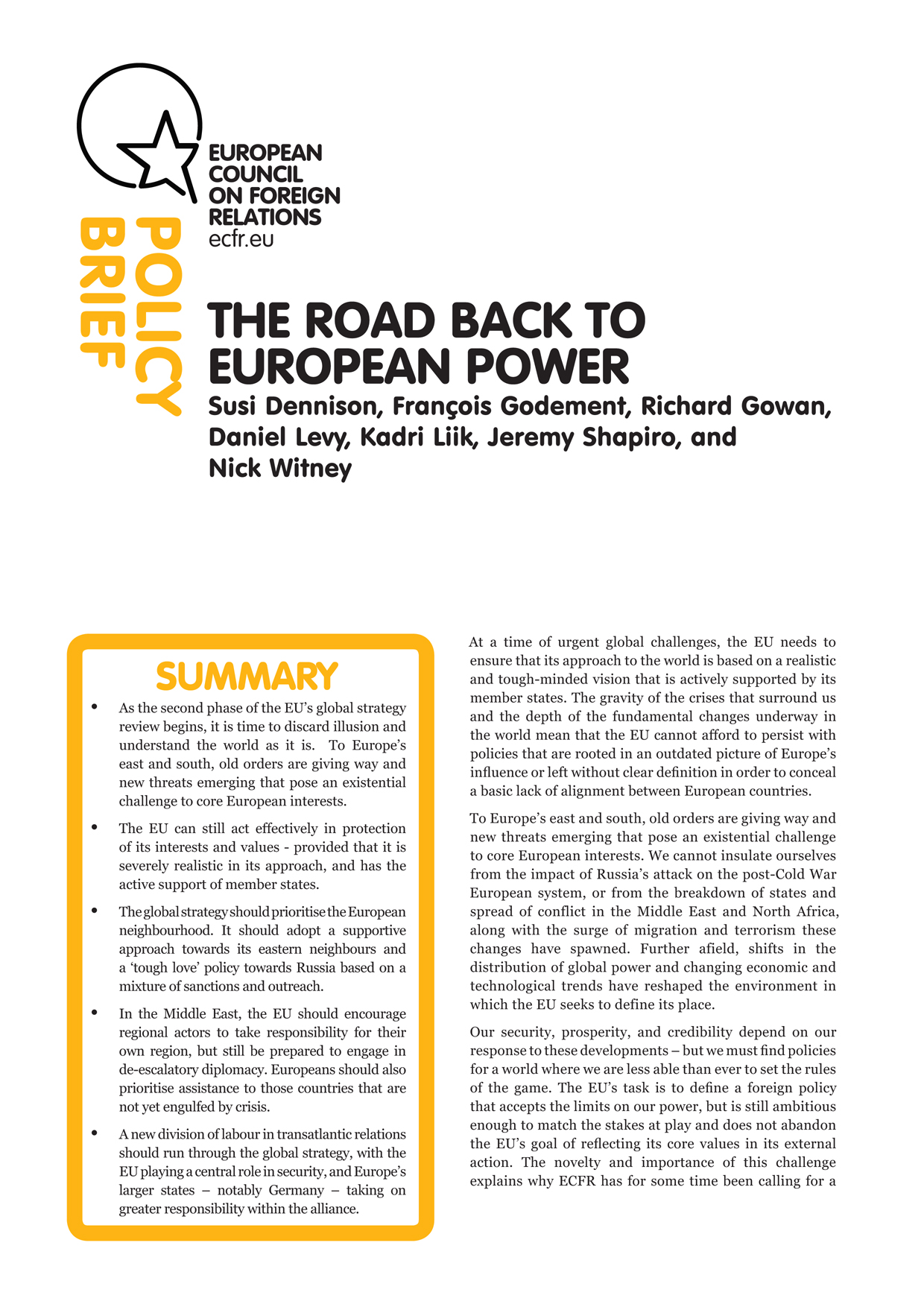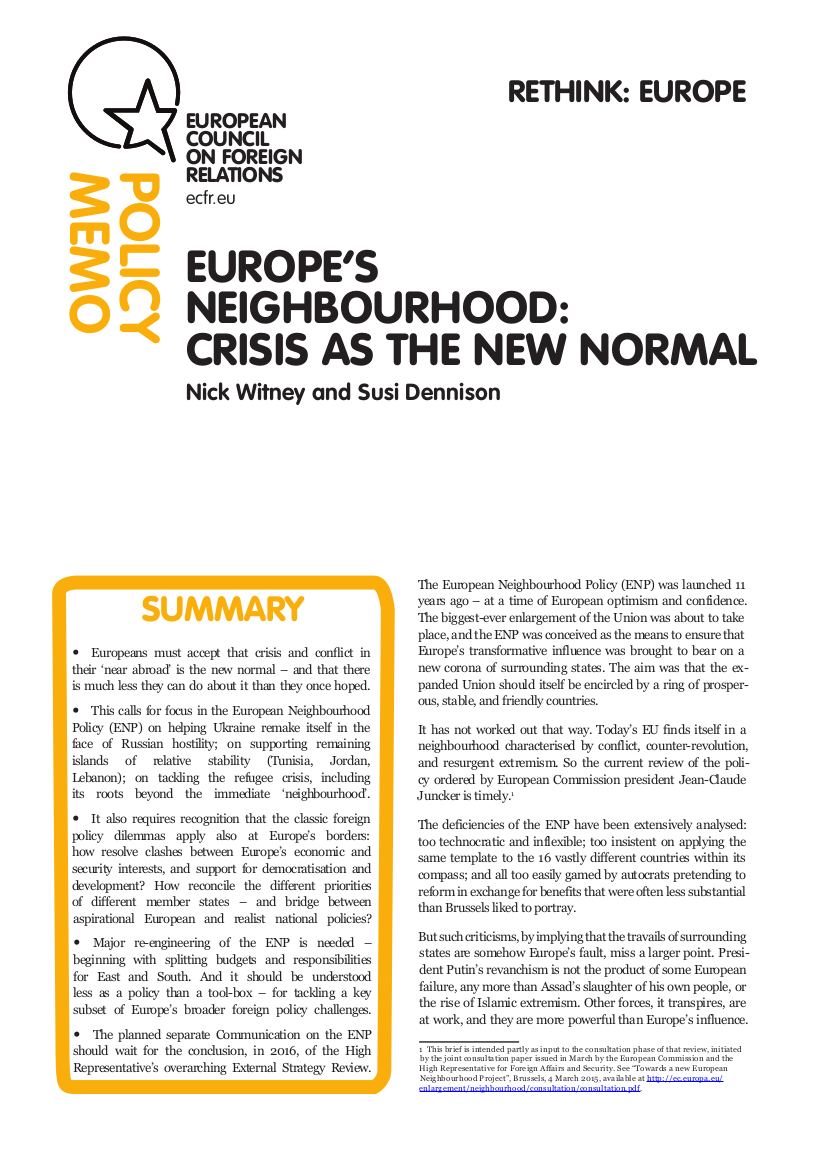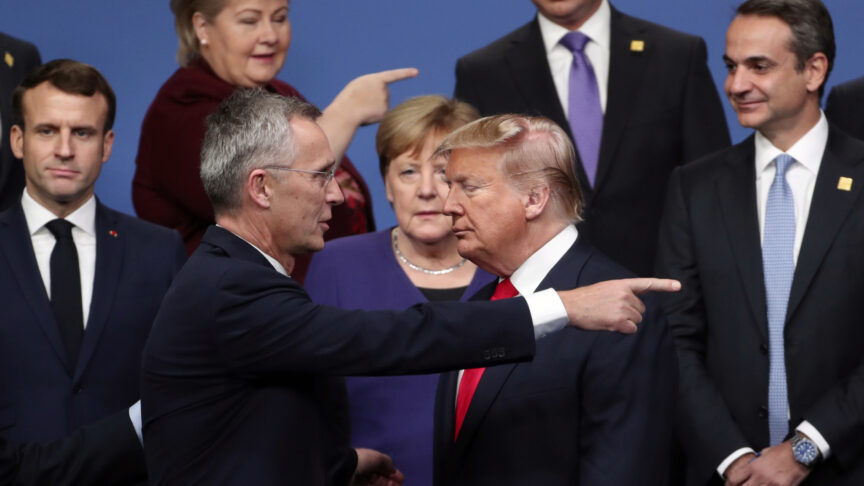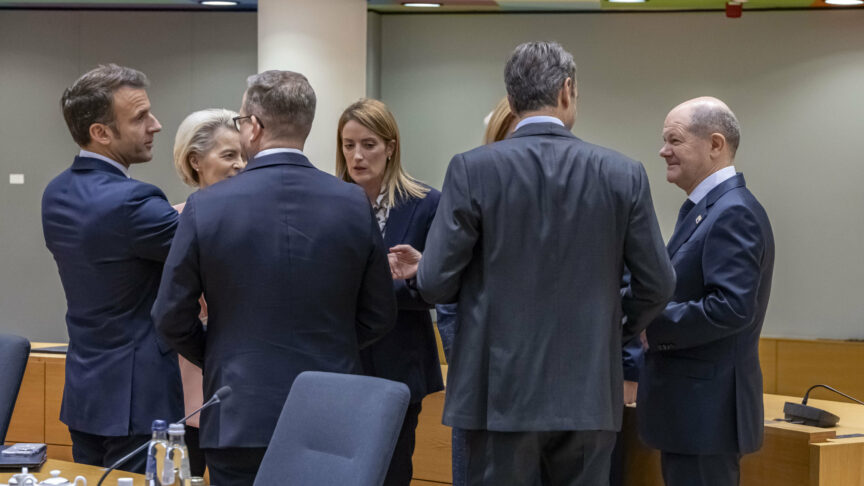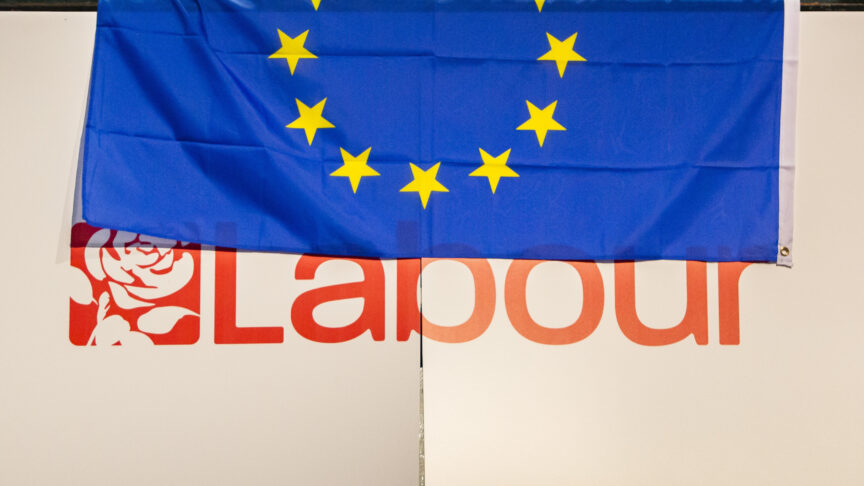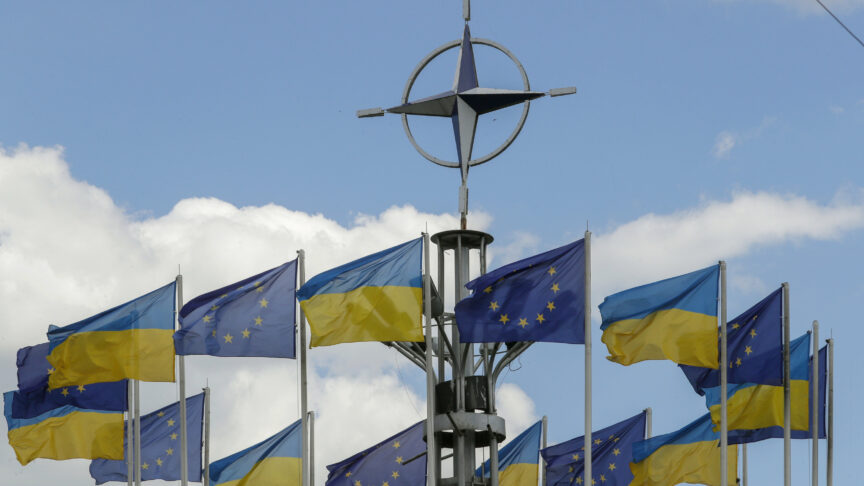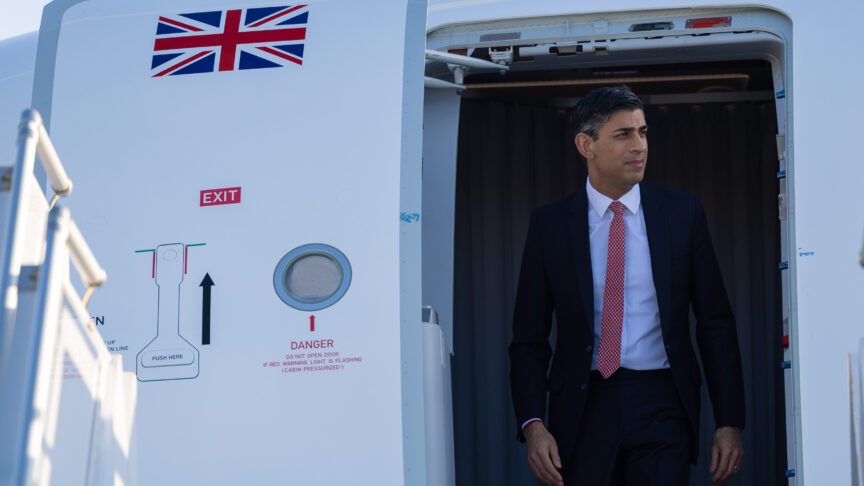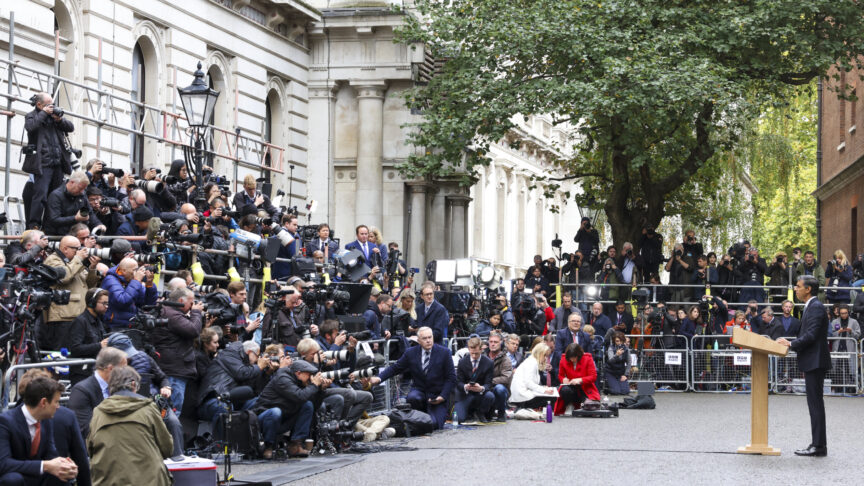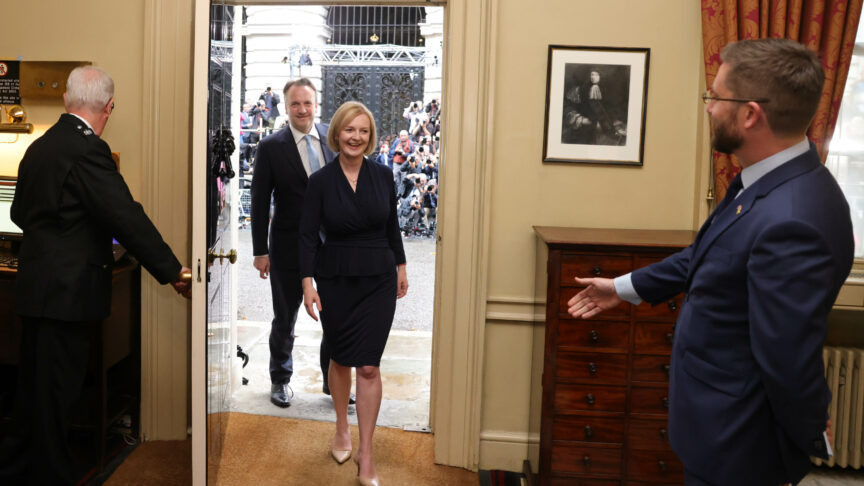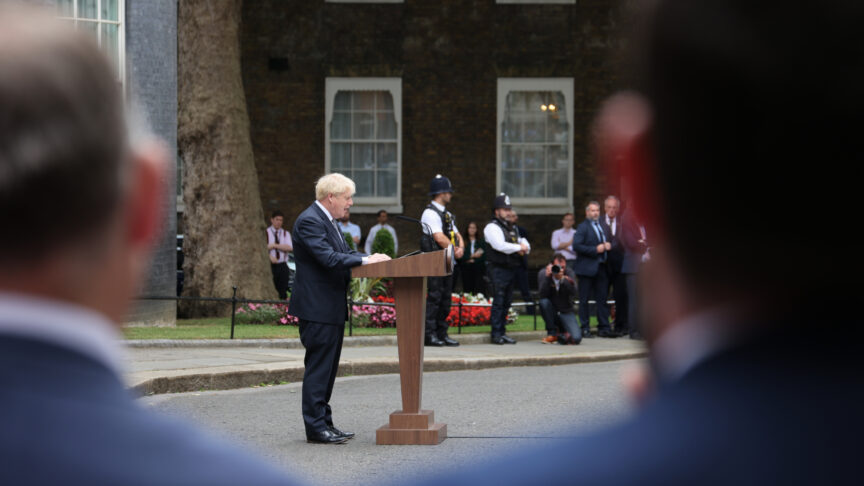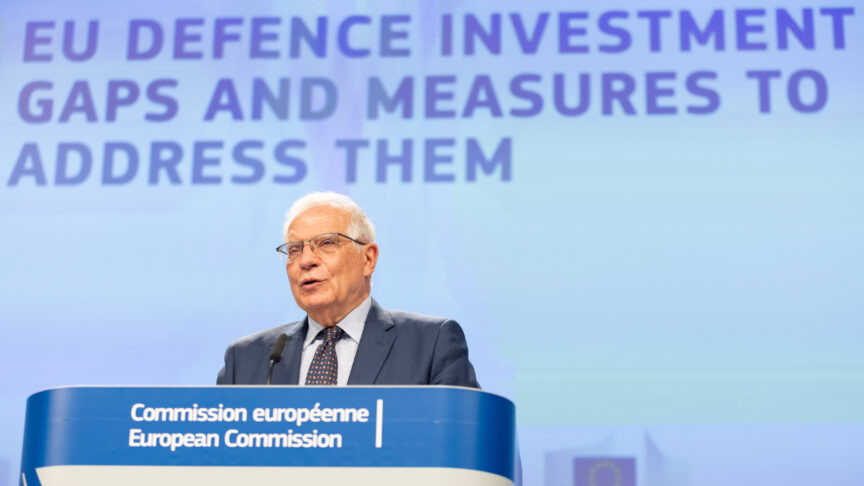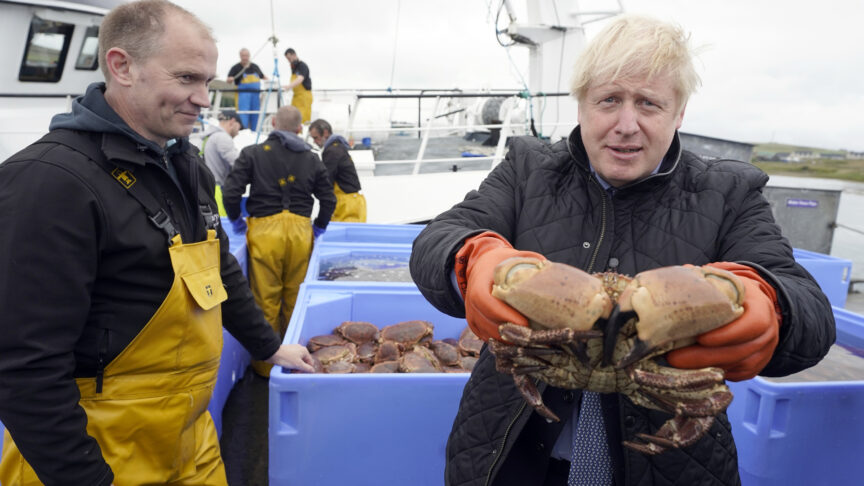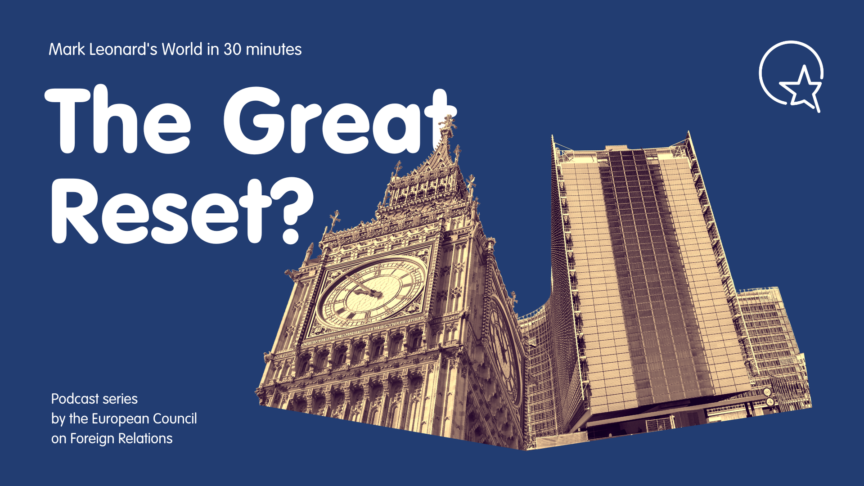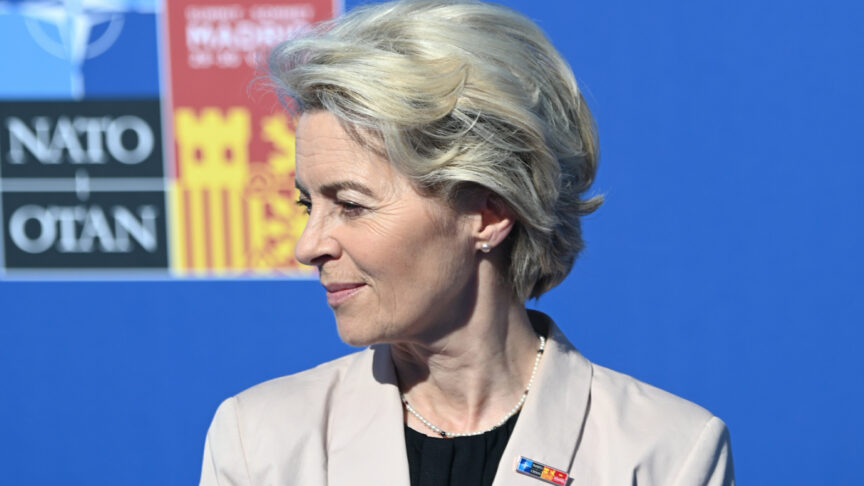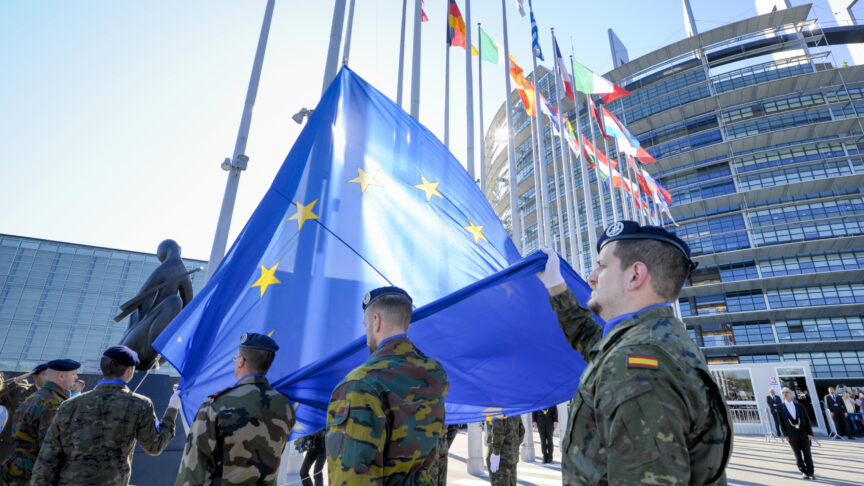Nick Witney is a senior policy fellow at the European Council on Foreign Relations. His topics of focus range from the European Security and Defence Policy to the Middle East Peace Process.
Witney previously served as the first chief executive of the European Defence Agency in Brussels. High Representative Javier Solana chose him in January 2004 to lead the project team charged with developing the concept and blueprint for the agency. The European Council approved the team’s proposals in July 2004, an achievement recognised by European Voice in nominating Witney as one of its 50 “Europeans of the Year”. After that, he was appointed to establish and run the agency for its first three years.
Witney’s early career, after reading Classics at Corpus Christi College, Oxford, was spent in British government service, first with the Foreign and Commonwealth Office and later with the Ministry of Defence (MOD). As a diplomat, he learned Arabic in Lebanon and Jordan, served in Baghdad, and spent four years as private secretary to the British ambassador in Washington, D.C.
Working with the MOD, Witney took on a wide range of responsibilities, including planning and finance, defence exports (the al-Yamamah programme with Saudi Arabia), nuclear policy, the defence estate (running the privatisation of the MOD’s married quarters housing stock), the new Labour government’s 1998 Strategic Defence Review, the forward Equipment Programme, and defence industrial policy. His last job before leaving for Brussels was as the MOD’s director-general of International Security Policy, where he was responsible for NATO and EU policy as well as missile defence.


